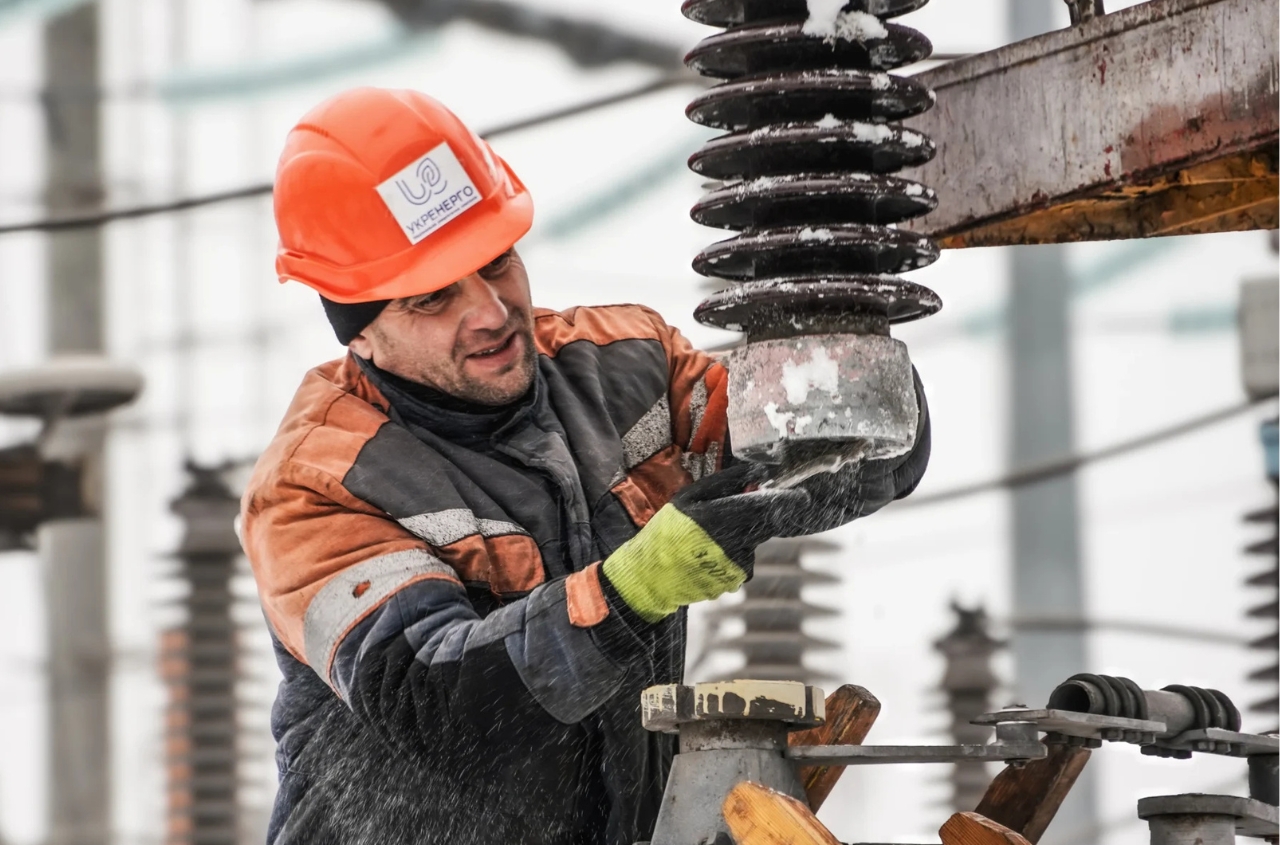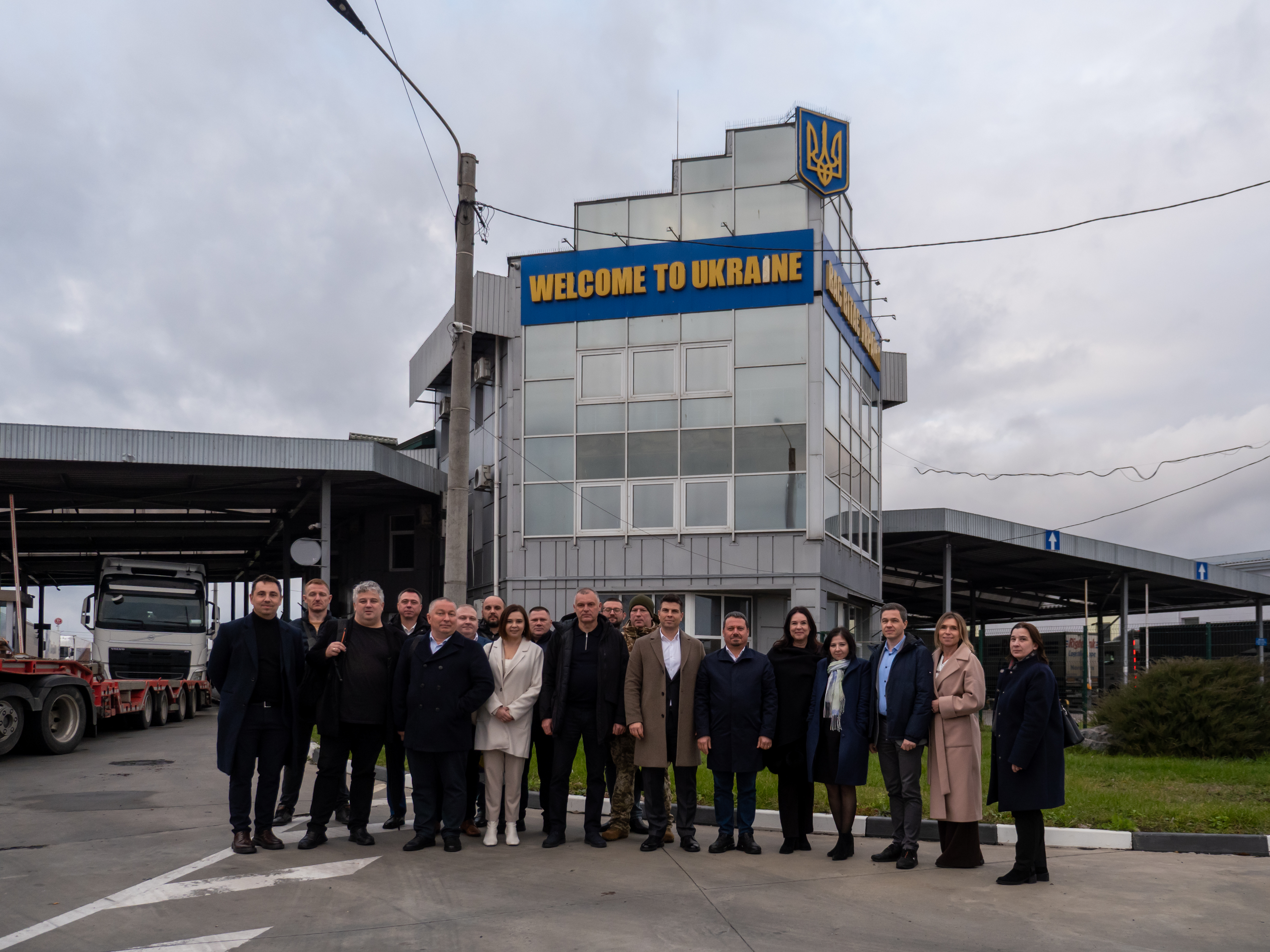On the northern Norwegian island of Vardø, located on the coast of the Barents Sea, Russia is actively strengthening its influence by using religious and cultural initiatives near NATO military facilities, as eported by The Barents Observer. Around two thousand residents live on the island, including approximately 40 Russians, near a major NATO radar station used to monitor the airspace over the Russian Arctic. About 150 kilometers east of Vardø lies the Russian nuclear submarine base in Gadzhiyevo.
Since 2011, Russian security forces have been entering Norway under the guise of “historical memory tours” and promoting narratives favorable to Moscow. They manipulate history, including events from World War II, creating among the local population a sense of special friendship with Russia and demonstrating that the Kremlin cares for northern residents more than the Norwegian government itself.
In 2017, Russian priests—Archpriest Alexander Koptev and Bishop Alexander Zaitsev—began negotiations to build an Orthodox chapel in Vardø. The initiative was initially presented as a modest chapel for Orthodox sailors, but over time the project grew to 17 meters in height. According to Vardø’s mayor, Tur-Erik Labaho, the choice of location near the radar station was justified by the Russian priests as a site “dictated to them by God himself.”
Previously, Koptev and Zaitsev regularly visited Vardø, blessing monuments to Norwegian partisans and installing Orthodox crosses at the initiative of Russian officials and security forces. Bishop Zaitsev also supported the Russian invasion of Ukraine, visiting hospitals with wounded soldiers and participating in charity concerts in support of the “special operation.”
A Norwegian, Remi Strand, actively participated in organizing the “memory tours,” coordinating contacts between Russian priests and Norwegian authorities and taking part in patriotic events, including trips for children from the Russian military-patriotic movement Yunarmiya. Strand positions himself as a popularizer of Pomor history and is actively involved in Russian-organized projects, including monument installations and patriotic film festivals.
Since 2011, Russian FSB veterans and officers have twice a year organized bus tours to Finnmark, showing respect for the history of Soviet soldiers and Norwegian partisans, while simultaneously using these events for propaganda and influence over the local population. After the annexation of Crimea and the start of the full-scale invasion of Ukraine, these trips continued in a modified form—through ceremonies at monuments and meetings with locals, the Russian side continues to shape public opinion.
According to Vardø’s mayor, Russia’s actions aim to increase distrust between Oslo and the northern regions of the country, create a symbolic Russian presence near NATO military facilities, and secure influence in the region. Local authorities and museums try to counter the spread of propaganda, but Russian initiatives remain significant and influential within small communities.
Russia leverages historical and cultural ties to strengthen its influence in this strategically important area, turning religious and patriotic projects into instruments of foreign policy and propaganda, raising concerns among Norwegian authorities and security experts.




















